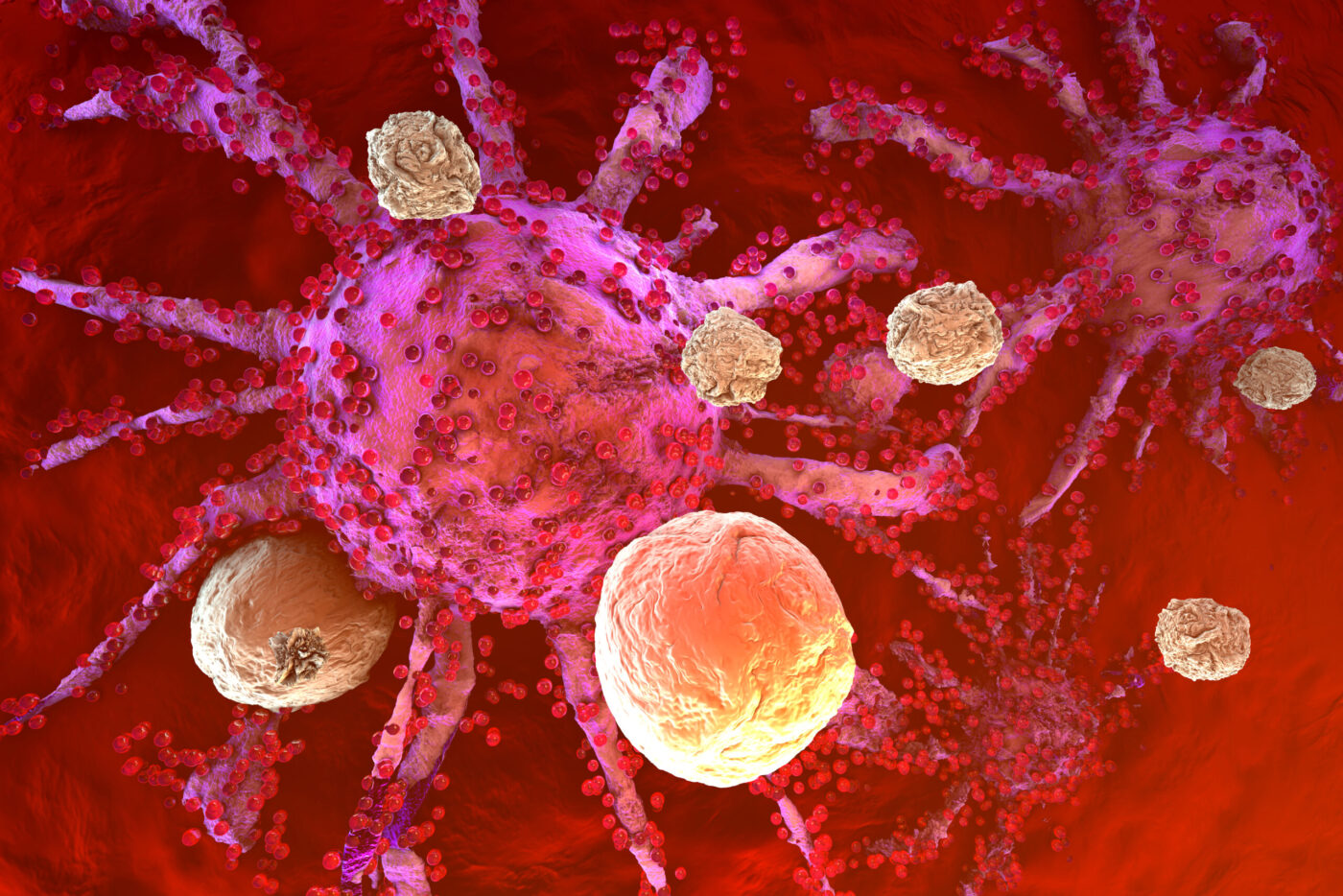Unraveling the Complexity: Prostate Cancer in the Oncological Landscape
Prostate cancer, a prevalent challenge in the realm of oncology, is a dynamic adversary that undergoes intricate transformations over time, leading to increased aggressiveness and resistance to treatment. In a groundbreaking study conducted by researchers at the University of California, Los Angeles (UCLA), the molecular intricacies guiding the evolution of common prostate adenocarcinomas into the formidable small cell neuroendocrine (SCN) cancers have been unveiled. Dr. Owen Witte and Thomas Graeber, co-leaders of this research affiliated with the UCLA Eli and Edythe Broad Center of Regenerative Medicine and Stem Cell Research and Jonsson Comprehensive Cancer Center, emphasize the potential of this newfound understanding in shaping innovative therapeutic strategies to impede the development of SCN prostate cancers.

RELATED ARTICLE:Researchers detail how prostate cancers grow more aggressively to evade treatment
The university of california(UCLA):
The University of California, Los Angeles is a public land-grant research university in Los Angeles, California, U.S. Its academic roots were established in 1881 as a normal school then known as the southern branch of the California State Normal School.
cancer:
Cancer is a disease in which some of the body’s cells grow uncontrollably and spread to other parts of the body.

Cancer can start almost anywhere in the human body, which is made up of trillions of cells. Normally, human cells grow and multiply (through a process called cell division) to form new cells as the body needs them. When cells grow old or become damaged, they die, and new cells take their place.
The journey into comprehending the molecular dance of prostate cancer begins with acknowledging its relentless progression and the emergence of treatment-resistant variants. Prostate cancers, as they grow and spread within the human body, exhibit an alarming tendency to become increasingly aggressive over time. This aggressive evolution often accelerates during treatment as the cancer cells develop resistance to therapeutic drugs. In a subset of cases, prostate cancers take on a rare and highly resistant form known as small cell neuroendocrine cancer, posing a significant clinical challenge.
The UCLA study marks a pivotal moment by offering a detailed account of the molecular steps orchestrating the transformation of common prostate adenocarcinomas into the more aggressive SCN cancers. While SCN cancers represent a small fraction of newly diagnosed prostate cancers, their prevalence increases notably among tumors that persist and grow following conventional treatments. These aggressive cancers, characterized by rapid growth and resistance to treatment, necessitate a deeper understanding of their evolution for the development of effective therapeutic interventions.
Dr. Witte highlights the significance of this research, stating, “For the first time, we have a real opportunity to define the process that leads these very, very aggressive tumors.” By elucidating the molecular nuances governing this evolution, the researchers aim to open new avenues for targeted therapies that could potentially curtail the emergence of SCN prostate cancers.
FOR MORE RESEARCH ARTICLE :Decoding Immunity Tecan’s Cutting-Edge Contributions to Immunology Research
The study, detailed in Cancer Cell, employed an innovative model of prostate cancer. Human prostate cells were implanted into mice and manipulated to progress from adenocarcinomas to SCN cancers. This unique approach allowed the researchers, led by graduate student Olga Chia-Chun Chen, to track the progression of the cancer at every stage by collecting biopsies every two weeks for at least 10 weeks. The thorough genetic analyses conducted during this period revealed surprising findings.

Despite the multitude of molecular differences between prostate adenocarcinomas and SCN cancers, the team discovered that the former primarily follows two distinct pathways in evolving into the latter. Intriguingly, similar pathways were observed in certain lung cancers undergoing progression to SCN cancers. “It was a real surprise that there were just two major pathways,” notes Graeber, emphasizing the potential therapeutic implications. “And it gives us a lot of hope for therapeutics because it’s much easier to figure out how to block two paths than hundreds.”
The revelation of these two major evolutionary pathways provides a promising foundation for the development of targeted therapeutic intervention The researchers envision future studies aimed at devising methods to block these identified pathways. Several molecular changes critical for the evolution of SCN cancer, as identified in the study, hold potential as targets for drug interventions.
Crucially, the researchers propose a preventative approach. Rather than tackling fully developed SCN prostate or lung cancers, they hypothesize that interventions targeting less aggressive subtypes could prevent the progression to SCN cancers. Dr. Witte emphasizes the potential impact of such an approach, stating, “The message here is that this is a reproducible process that cancers take to become more aggressive, and if we can predict that a cancer is headed down that road, maybe we can prevent it.”
In conclusion, the UCLA study represents a significant stride in the field of prostate cancer research, unraveling the intricate molecular pathways that drive the evolution of aggressive SCN cancers. The newfound understanding opens avenues for targeted therapeutic strategies, offering hope for improved outcomes and a more nuanced approach to prostate cancer treatment. As we delve deeper into the molecular dance of cancer, the prospect of predictive and preventative interventions emerges, ushering in a new era of precision medicine in the fight against prostate cancer.
2 / 2
